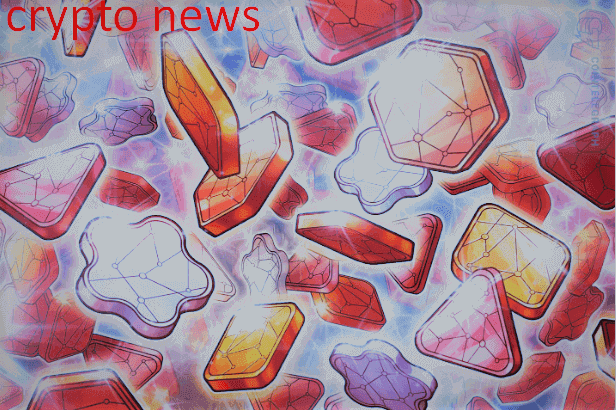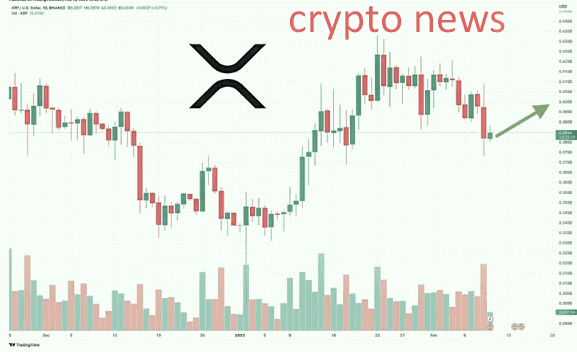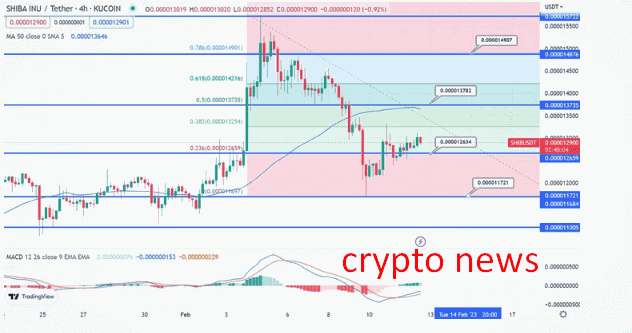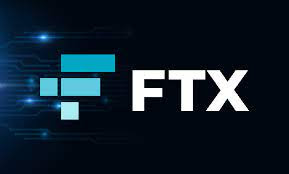Touch and smell come to the metaverse, Nifty Newsletter, January 4-10
A cybersecurity firm has warned users about a fake Pokemon NFT game that spreads malware and targets gamers.
Newsletter
In this week's newsletter, read about how the metaverse can integrate touch and smell. See how moonbirds' nonfungible token (NFT) project plans to become a global brand and how the NFT Magic Eden market will reimburse users affected by a recent exploitation. In other news, find out how NFT image hosting issues can be solved, according to executives in the NFT space. And don't forget this week's Nifty News featuring a warning to gamers about a fake Pokemon NFT malware spreading game.
Touch and smell become the next important thing for the metaverse at CES 2023
One of the catalysts for the metaverse to generate a value of $ 5 trillion in 2030 is the development of a more human experience. With the senses of smell and touch added to virtual reality (VR) experiences at the 2023 Consumer Electronics Show (CES), the metaverse is set to deliver more positive user experiences.
A company focused on metaverses presented a VR headset that has a cartridge that contains eight different flavors. Flavors can be mixed to generate various odors. The VR headset is scheduled for launch later this year.
Bluechip Project NFT Moonbirds signs with talent agents from Hollywood UTA
Proof, the firm that built the Moonbirds NFT project, has signed a representation contract with the United Talent Agency (UTA), a Hollywood talent agency representing various artists and other professionals.
According to Proof founder Kevin Rose, the main purpose of this move is to make the Moonbirds brand reach a global scale and not just one big name within the Web3 world. Rose pointed out that UTA has a lot of workforces and connections in various sectors and could turn Moonbirds into a global brand.
Magic Eden to refund users after fake NFT's sold due to exploit
Thanks to recent exploitation in the NFT Magic Eden market, the platform has promised to reimburse users who have been sold fake NPFs on the website. According to the firm, an error in its activity indexer allowed fake NTFS to bypass verification and be listed with authentic collections.
The platform pointed out that it solved the problem of unverified NTFs presented as verified by disabling entry points for fraudulent NTFs. The NFT market has also promised to reimburse those who have been affected by the exploitation.
The industry is trying hard to find solutions to NFT image hosting disasters
With recent image hosting incidents taking place in the Web3 space, Cointelegraph contacted several industry professionals who worked in the NFT space to provide information about potential solutions to the problem.
From using reliable blockchains to exploring the storage technology available in Web3, NFT space executives have given Cointelegraph their thoughts on how NFT projects can avoid problems in hosting NFT images.





